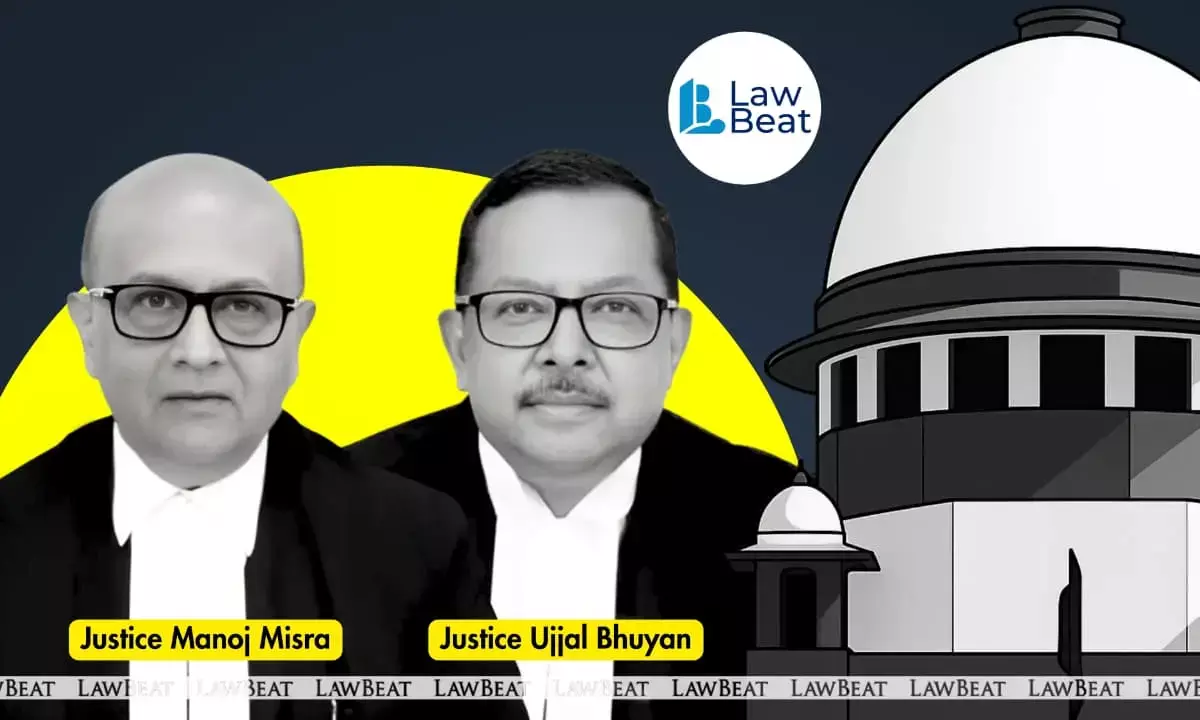Doctrine of merger not of rigid & universal application: SC

The Supreme Court Clarifies When Doctrine of Merger Doesn’t Apply
In a judgment clarifying the limits of the doctrine of merger, the Supreme Court of India recently observed that the doctrine of merger is not a doctrine of rigid and universal application.
"It cannot be said that wherever there are two orders, one by inferior court or tribunal and the other by superior court or tribunal, passed in an appeal or revision, there is fusion or merger of two orders irrespective of the subject matter of the appellate or revisional order and the scope of appeal or revision contemplated by the particular statute," court said.
Court was dealing with a contempt petition filed by M/s Khurana Brothers, alleging willful disobedience of the court's order dated January 04, 2023 passed in a civil appeal. The apex court order had effectively restored an order of the Allahabad High Court’s single judge bench.
The civil appeal arose from an intra-court appeal before the Allahabad High Court division bench. The division bench had dismissed the appeal, making certain observations that, according to the petitioner, placed it in a worse position than under the single judge’s order. Seeking relief, the company had approached the Supreme Court.
When the matter came up in 2023, counsel for the appellant chose not to press the case on merits but sought permission to withdraw the intra-court appeal pending before the high court division bench so that the order of the single judge could be restored. The Supreme Court accepted this request and disposed of the appeal, recording that the parties would work out their rights under the single judge’s order.
Two years later, Khurana Brothers returned to the Supreme Court alleging that the respondents had failed to comply with the restored single judge bench order and thus committed contempt. The apex court then asked the petitioner to explain why the contempt petition should not be heard by the high court since the violation pertained to its own order.
The petitioner argued that since the January 4, 2023 order had been passed after leave to appeal was granted, the doctrine of merger would apply, meaning the single judge’s order merged with the Supreme Court’s, and therefore, contempt should lie before the apex court.
Rejecting this contention, the bench clarified that the doctrine of merger “is not a doctrine of rigid and universal application.” Citing State of Madras v. Madurai Mills Co. Ltd. (AIR 1967 SC 681), court said the applicability of merger depends on the nature and scope of the appellate or revisional jurisdiction.
“In the present case,” the bench of Justices Manoj Misra and Ujjal Bhuyan said, “once the intra-court appeal before the division bench of the high court stood withdrawn, all orders passed therein also stood withdrawn.” Consequently, the parties reverted to the stage prior to the filing of that appeal, and the single judge’s order operated as if it had never been challenged.
Holding that any contempt, if made out, would lie before the high court, the bench disposed of the petition, granting liberty to the petitioner to initiate appropriate proceedings before the Allahabad High Court.
Case Title: M/s Khurana Brothers Vs Anand Bardhan Principal Secretary & Anr
Bench: Justices Manoj Misra and Ujjal Bhuyan
